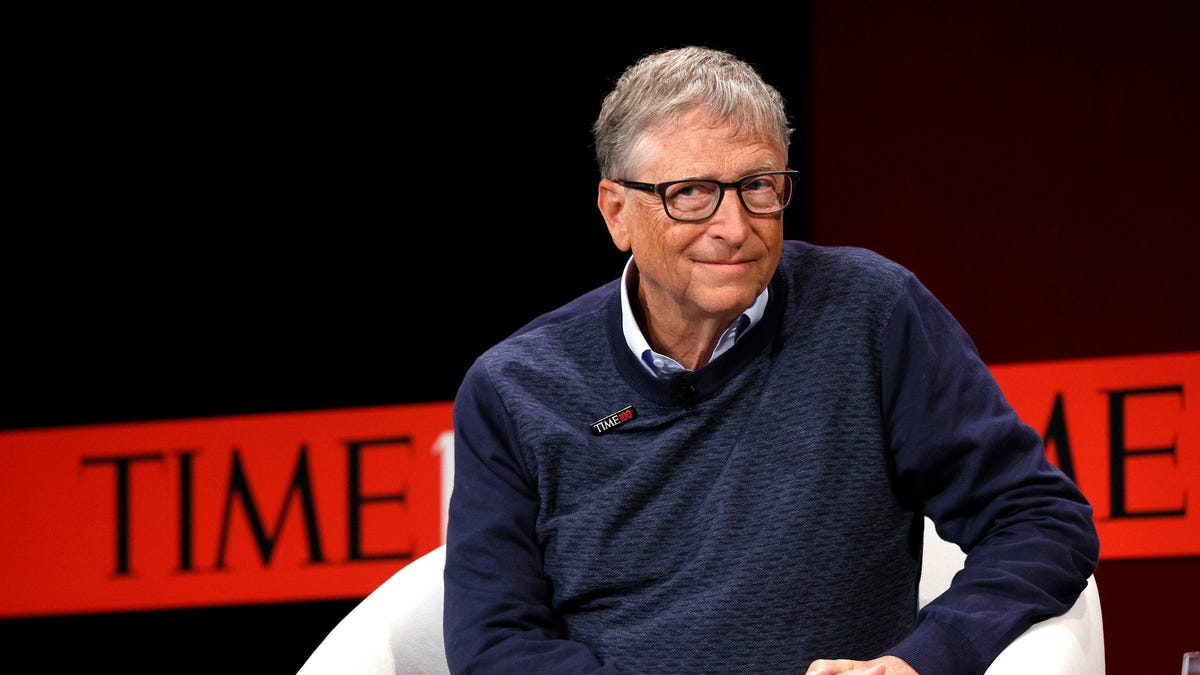
Bill Gates Thinks NFT Investors are the Greatest Fools of All
“Obviously, expensive digital images of monkeys are going to improve the world immensely,” quipped Bill Gates this week. The Microsoft founder turned billionaire philanthropist spoke in a question and answer session at a Tech Crunch event focused on climate change and technology.
“I’m used to asset classes like a farm where they have output, or a company where they make products,” he said. He went on to describe the value of NFTs as “100% based on greater fool theory”— or, the idea that the only way to make a profit on your non-fungible-token is to find someone stupid enough to spend more money on it than you did, i.e. the greater fool.
Gates isn’t always right, but he’s pretty spot on with this one. Although NFTs have historically self-compared to the art market—where so-called investments accrue value with time and cultural appreciation—the reality seems closer to a standard pyramid scheme. (Granted, the traditional art market itself might also be a pyramid scheme. But at least you get a physical object out of it that can’t be stolen without a trace).
For an investor, the value of an NFT or a cryptocurrency only goes up if they get more and more people to buy-in at a later stage in the game than they did. Imagine: One person, with a few people below them, with even more people below those people.
Beyond the basic structural problem of the money triangle, the billionaire philanthropist also referenced the inherent risk and sketch-factor of blockchain namelessness. “It has at its heart sort of this anonymity that you avoid taxation or any sort of government rules about kidnapping fees or things.”
He clarified that he has no investment positions (either long or short) in NFTs or crypto. “I’m not involved in that. I’m not long or short any of those things.”
This isn’t the first time Gates has publicly derided crypto and the like. In 2018 he said blockchain currency was killing people “in a fairly direct way” during a Reddit “Ask Me Anything” session, again referencing its anonymity and its use in criminal activity. In an earlier 2015 AMA, he said that Bitcoin couldn’t be useful as a currency in poor nations because of its volatility.
This content was originally published here.

